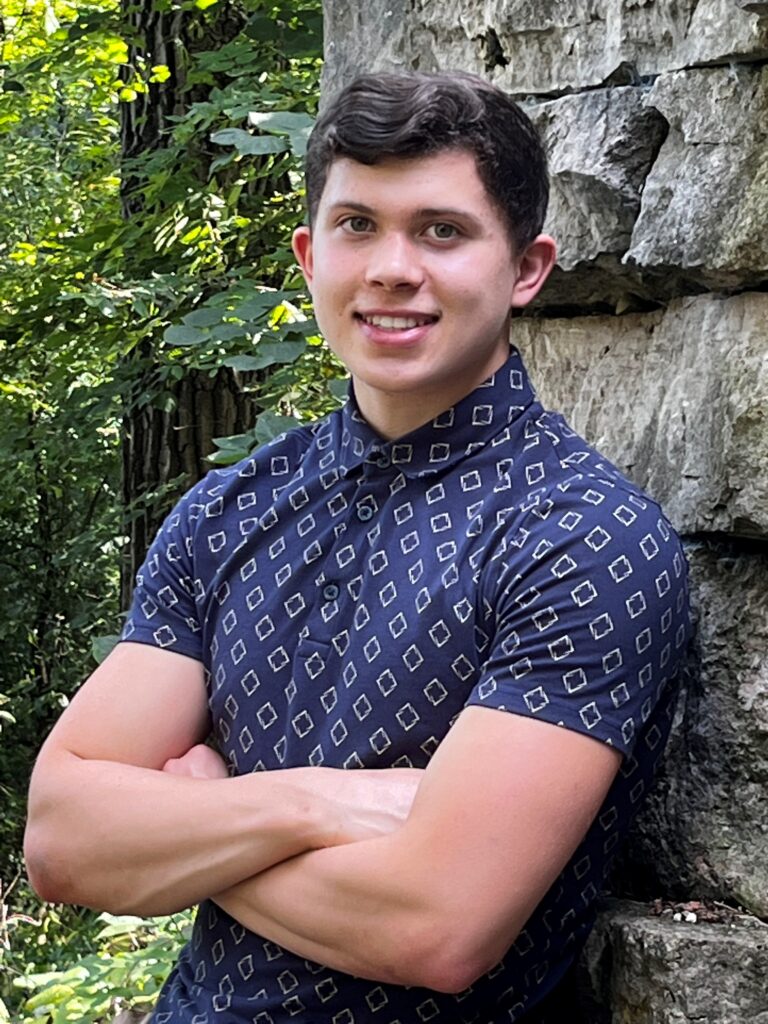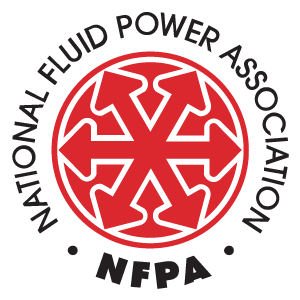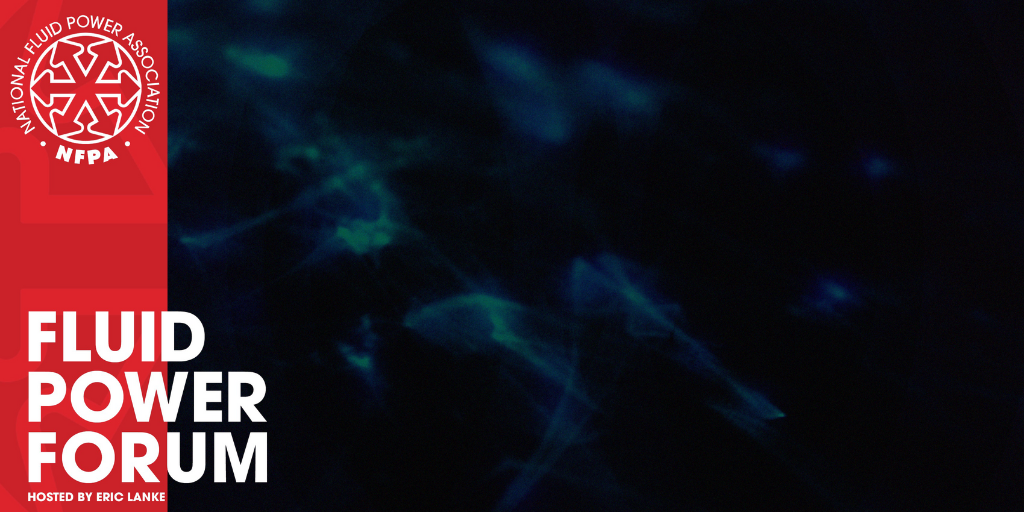
The NFPA Education and Technology Foundation has awarded 23 $2,000 scholarships to students pursuing fluid power related fields of study.
One of the winners, Mason Maile, is attending NFPA Power Partner, the Milwaukee School of Engineering (MSOE). We asked Mason a few questions about winning the scholarship.
What does winning a Fluid Power Scholarship mean to you?
As far back as I can remember, I have been tinkering with machines and taking apart mechanisms to understand how they work. Likewise, as my high school career started coming to a close I had the deep desire to go onto college to study in the field of mechanical engineering. A desire which has been made possible in great part do to the generosity of associations like the NFPA. Thus, winning the Fluid Power Scholarship, to me, represents opportunity as it has enabled me to pursue an education in mechanical engineering without the lurking worry of student debt.
Why did you choose to learn about fluid power?
My curiosity in fluid power was first sparked while spending summers helping on my grandfather’s farm where the tractors I used relied heavily upon hydrologic systems to function. I was amazed seeing the exuberant amount of weight the tractor’s hydraulics could effortlessly lift and move around. As I entered into high school, I then continued to learn about fluid power systems through the various engineering courses I took.
What are your career aspirations? What type of fluid power job do you hope to get after you graduate?
Having a deep rooted passion for C.A.D and hard surface modeling, I look forward to pursuing a degree in mechanical engineering at MSOE. After college, however, I would love to obtain a job designing heavy machinery or tractors. Many of which optimize fluid power as an essential component. I find the sheer amount of work large machines can perform fascinating, and as a result feel a mechanical engineering career in such an industry would be equally amazing.
A minimum GPA of 2.5 out of 4.0, 500-word essay, and letter of recommendation were required from each applicant. The NFPA Foundation’s goal is to help graduating high school students, and individuals enrolled in community colleges, technical schools and universities pursue their academic interests in fluid power.
One way NFPA members can get involved with scholarship programs is to volunteer as a judge to serve on the application review committee or mentor a robotics team as they work towards incorporating pneumatics in their designs. This year 16 judges from 13 NFPA member companies reviewed 50 student applications to the Fluid Power Scholarship program. If you are interested in learning more, please contact Haley Nemeth at hnemeth@nfpa.com.
Like this post? Share it!
Recent Posts
New Episode of Fluid Power Forum: Advanced Modeling Techniques and Performance Comparisons of Electrohydraulic Systems
Today, our guest is Bruno Dupuis. Bruno is a Corporate Accounts Manager at Famic Technologies Inc., the company behind the development of Automation Studio™, a circuit design and simulation software for fluid power, electrical, robotics, process control and automation projects. He presented at NFPA’s Hydraulics Conference co-located at the 2024 iVT EXPO back in August.…
NAM Regulatory Update: NAM, GOP: Manufacturers and Families Need Pro-Growth Tax Measures
As part of an effort to bring more information about the regulatory and legal environment facing American manufacturers, NFPA is monitoring the newsfeed of the National Association of Manufacturers (NAM) and will be bringing important updates like this to the attention of NFPA members. (January 15, 2025) More than just the manufacturing sector depends on…
Call for Proposals: Hydraulics Technology Conference at iVT EXPO USA 2025
The National Fluid Power Association (NFPA) will again be hosting a hydraulics technology conference at the 2025 iVT EXPO USA trade show, to be held August 20-21 in Chicago, IL. iVT EXPO is an annual exposition for the off-highway vehicle design and engineering community, which first took place in the United States in 2022. The event is focused on…



